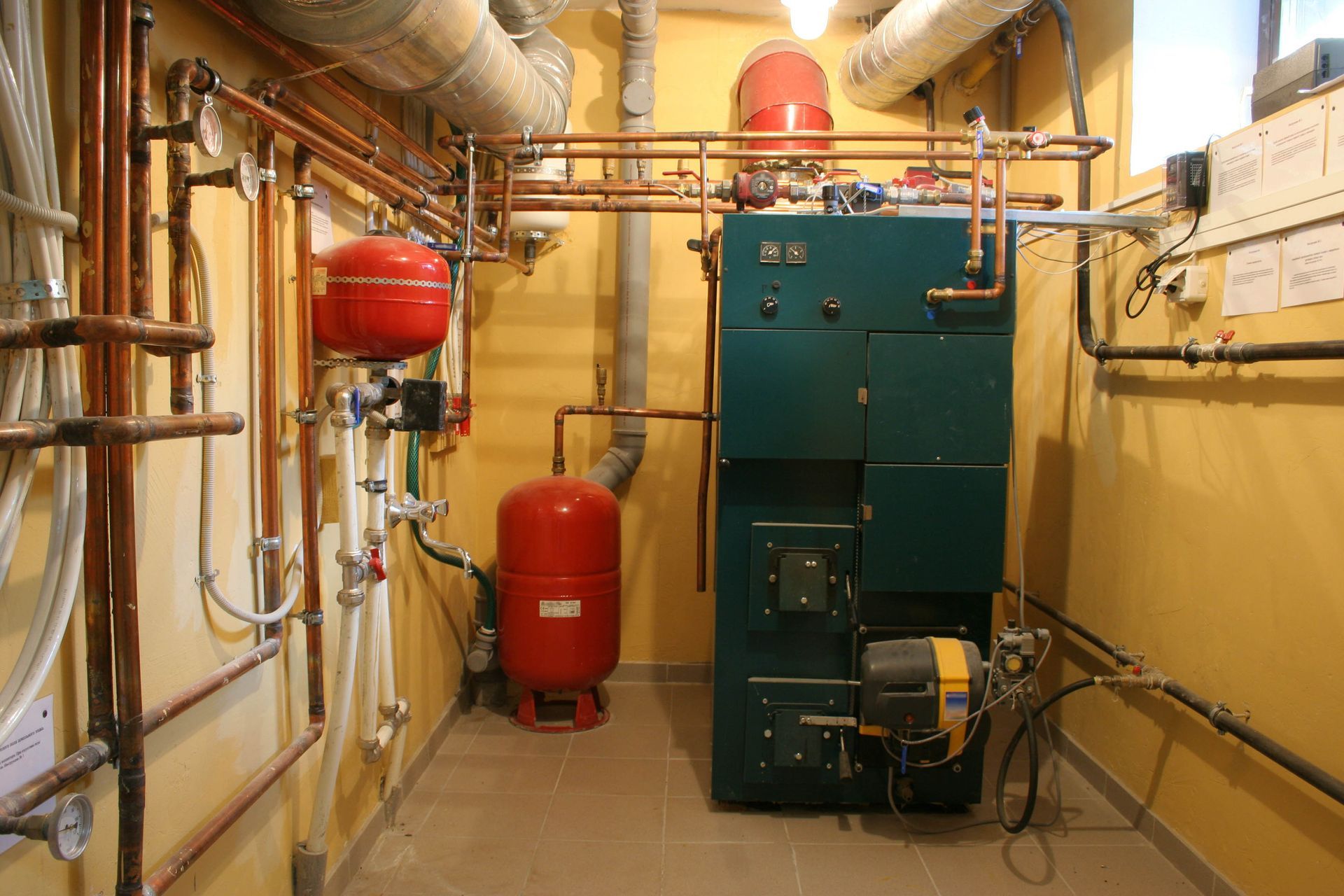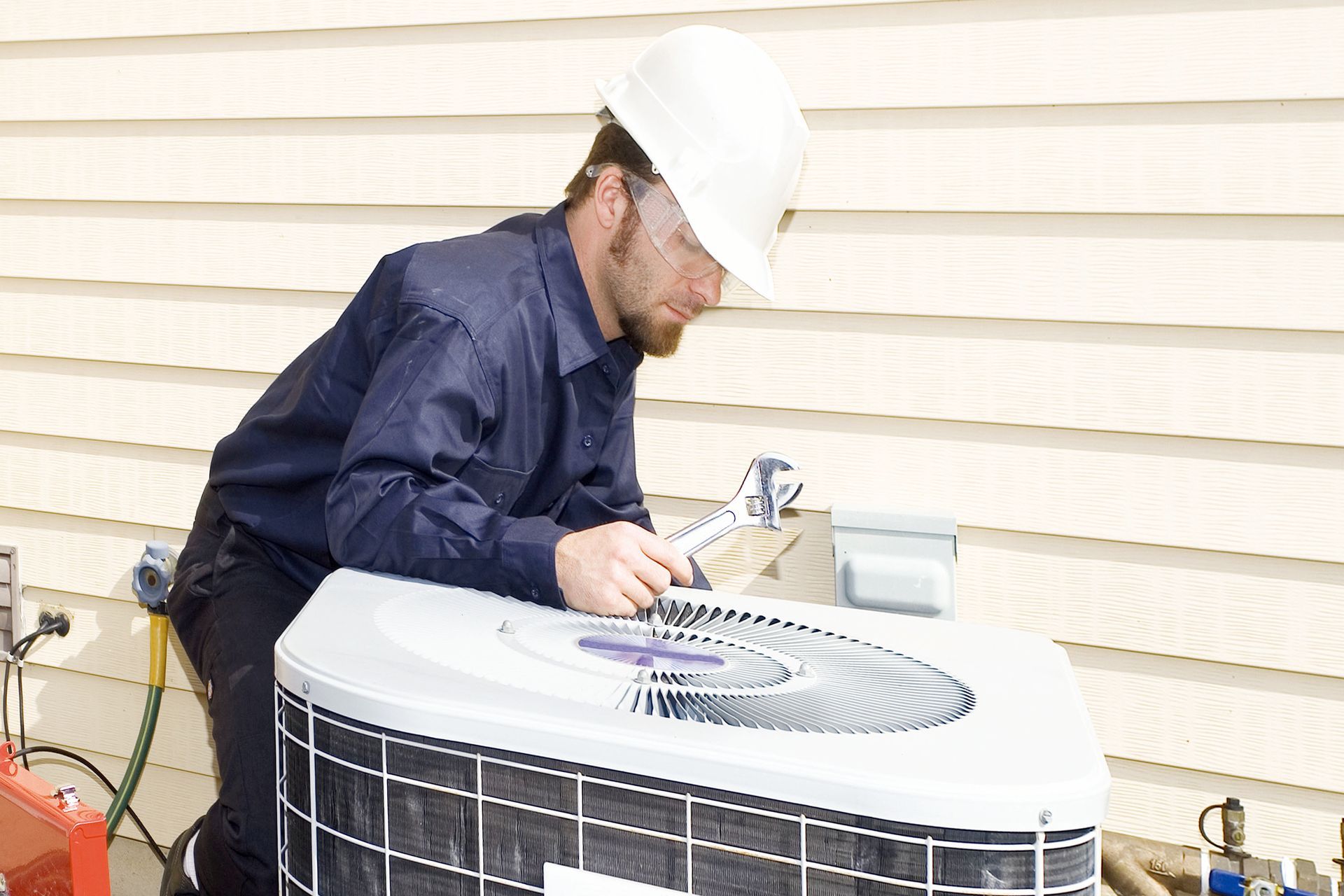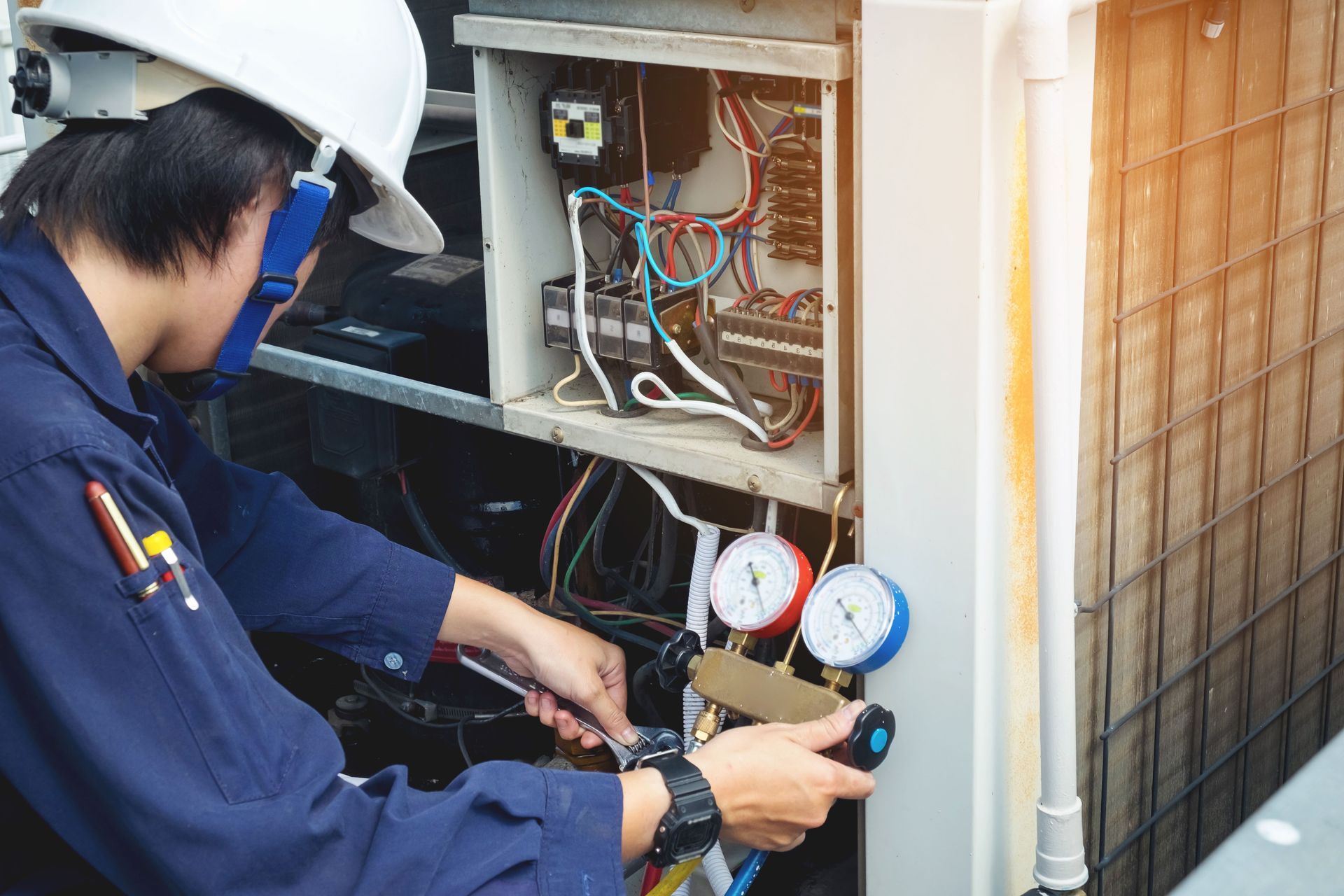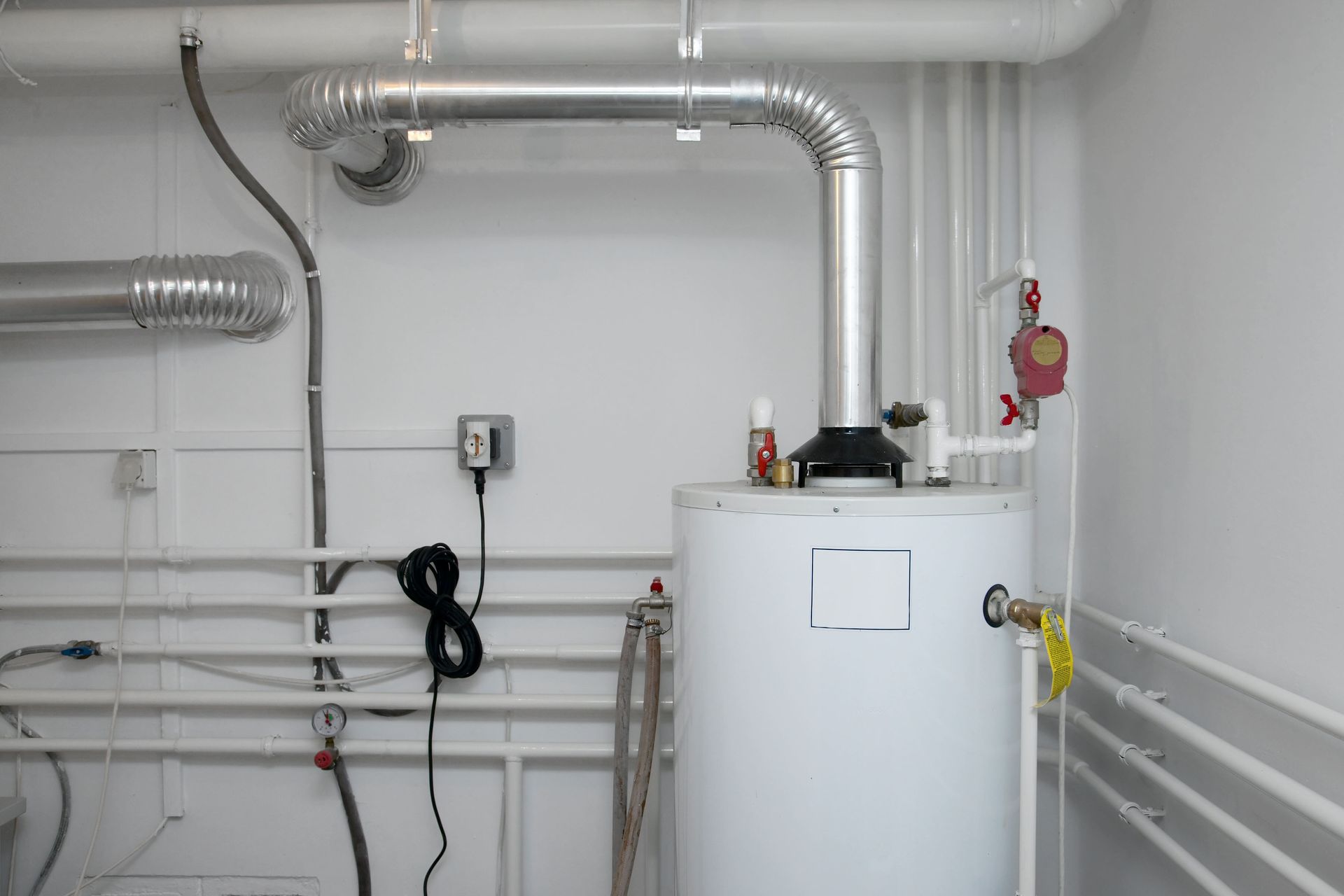10 Things to Know About Furnace Repair
When winter rolls around, few things are more important than a reliable furnace. The comfort and safety of your home depend on a heating system that works efficiently and consistently. Yet, even the most dependable furnaces require repair and maintenance over time. Understanding what goes into keeping your heating system in top condition can save you money, extend its lifespan, and help you avoid emergencies when you need warmth the most.
According to This Old House, HVAC units have a lifespan of 15–20 years with proper care. This means that while routine maintenance can prolong performance, repairs and eventual replacements are part of a natural cycle. By learning the key aspects of furnace upkeep, you'll feel more prepared when challenges arise.
In this article, we'll cover the most important things you should know about furnace repair, from recognizing warning signs to deciding when it's time to call a professional.
1. It Helps to Recognize the Warning Signs Early
One of the most important things to know about furnace repair is that early intervention can save you significant costs in the long run. Signs such as unusual noises, inconsistent heating, or a sudden rise in energy bills often indicate problems within the system. Ignoring these symptoms can cause a small issue, like a dirty filter or faulty thermostat, to escalate into major damage.
When homeowners stay alert to early warning signs, they can often address minor concerns before they disrupt comfort or safety. If your furnace has trouble starting, emits strange smells, or blows cold air, these are not issues to put off. Scheduling an inspection quickly can prevent breakdowns and extend the life of your unit.
2. It Provides Dependability With Regular Maintenance
Regular maintenance is at the core of dependable furnace operation. Professional inspections typically involve checking airflow, lubricating moving parts, and testing components such as burners and pilot lights. These tune-ups keep your system working smoothly and reduce the likelihood of sudden breakdowns during the coldest months.
Think of furnace maintenance as similar to routine car servicing. Skipping oil changes makes your car unreliable; the same goes for neglecting your heating system. Even simple steps, like changing air filters every few months, can improve efficiency and indoor air quality. A well-maintained system not only performs better but also reduces overall repair costs.
3. It Extends the Lifespan of the Unit
Furnaces are designed to last many years, but consistent care is essential for longevity. The average lifespan of an HVAC system is between 15 and 20 years when properly maintained, according to This Old House. Without upkeep, that number can shrink dramatically, leading to premature replacement expenses.
Addressing furnace repair needs promptly and maintaining a regular service schedule helps ensure your unit reaches its full potential. This not only spreads out the cost of ownership but also gives you more reliable heating year after year. A longer-lasting furnace is also an eco-friendly choice, reducing waste and minimizing energy use.
4. It Improves Energy Efficiency
Efficiency is one of the top concerns for homeowners facing high utility bills. When your furnace is working at less than peak performance, it consumes more energy to produce the same amount of heat. Issues like dirty burners, clogged filters, or malfunctioning blowers often cause your furnace to overwork.
By taking care of repairs and cleaning, your furnace can run at its intended efficiency. This lowers monthly bills and reduces the strain on your HVAC system. In the long run, energy efficiency improvements often offset the cost of furnace repair, making it a smart investment for both your wallet and your comfort.
5. It Promotes Safer Home Environments
A furnace in poor condition is not just inconvenient; it can be dangerous. Malfunctioning systems have the potential to leak carbon monoxide or create fire hazards. This is especially true with gas furnaces, where cracked heat exchangers or faulty ignition systems can lead to health and safety risks.
Scheduling timely furnace repair helps ensure that all safety mechanisms, such as carbon monoxide detectors and venting systems, are functioning correctly. Peace of mind comes from knowing your family is safe while staying warm. For many homeowners, this safety benefit is the most valuable reason to prioritize maintenance and repair.
6. It Prevents Emergency Breakdowns
Few things are more stressful than waking up on a freezing night to find your furnace has stopped working. Emergency breakdowns are not only uncomfortable but often more expensive to repair, as urgent service calls may involve overtime fees.
Preventive maintenance and regular furnace repair reduce the chances of being caught off guard by a malfunction. Investing in care throughout the year means fewer surprises when winter weather arrives. By addressing issues before they escalate, you avoid the inconvenience and costs of emergency situations.
7. It Saves Money Over Time
While some homeowners hesitate to spend money on furnace repair, delaying service often leads to higher expenses down the line. Small problems left untreated typically snowball into larger, costlier issues. For example, ignoring an airflow problem can eventually cause damage to the blower motor, requiring expensive replacement.
Regularly addressing maintenance concerns keeps costs predictable and manageable. It's often less expensive to repair minor issues promptly than to pay for major overhauls or early system replacements. This approach is not only practical but also financially strategic.
8. It Requires Professional Attention for Complex Issues
DIY fixes might seem appealing, but modern HVAC systems are intricate machines with electrical, mechanical, and safety components that require professional handling. Attempting to repair a furnace without proper training risks causing damage or even creating dangerous conditions.
Certified technicians bring expertise and diagnostic tools that homeowners simply do not have. From identifying faulty sensors to repairing ignition systems, professionals can quickly pinpoint and fix problems. Relying on skilled help ensures that your furnace repair is completed correctly and safely the first time.
9. It Offers Options for Upgrades and Improvements
Every repair visit is also an opportunity to consider upgrades. Technicians may recommend improvements like programmable thermostats, high-efficiency filters, or energy-saving features that enhance your system's overall performance. These upgrades often reduce future repair needs while improving comfort.
Upgrades also help bring older systems closer to modern standards of efficiency. While furnace repair addresses immediate concerns, thoughtful improvements can position your heating system to work more effectively in the long term. Discussing available options during service calls is a simple way to make incremental progress toward greater efficiency.
10. It Builds a Relationship With Trusted Providers
Working consistently with the same HVAC service provider has distinct benefits. When technicians become familiar with your furnace's history, they can anticipate recurring issues and tailor their approach. This familiarity creates trust, improves service efficiency, and provides continuity in your system's care.
Instead of treating furnace repair as a one-time event, think of it as part of an ongoing relationship. A provider who knows your unit's quirks and prior maintenance history can offer more reliable advice and service. Over time, this partnership builds confidence that your heating system is in capable hands.
By investing in routine upkeep, you gain efficiency, safety, and long-term savings. Instead of waiting for emergencies to arise, taking a proactive approach ensures that your furnace is ready for the cold months ahead.
Don't let furnace troubles leave you in the cold. Contact Golden Days Heating & Cooling today to schedule a furnace inspection or repair and keep your home comfortable all season long.







Share On: